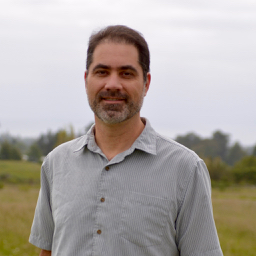Anthropocene
Adapted in a wide range of disciplinary contexts to describe an era in which humanity has profoundly transformed earth systems, the Anthropocene has also been used to come to terms with how the resulting changes to earth’s climate, ecologies and biologies are affecting global and local contexts for health, often in ways that jeopardize health for human and non-human animals at the same time.
UCSC scholars are engaged in many of these debates both through their research into biophysical changes associated with the Anthropocene (e.g. climate heating) and into diverse adaptive and resilience-enhancing innovations in agroecology, aquaculture and water systems.
At the level of theory, our faculty and students are also involved in challenging the Anthropocene as a concept while ‘staying with the trouble’ it evokes. This includes pointing to the problems of the geoengineering fixes that the Anthropocene idea inspires and the various ways that resilience rhetoric becomes reactionary when it obscures the structural violence and inequalities of capitalism and structural racism. But, more than this, it further includes mapping multispecies stories and Chthulucene connections in ways that point with hope as well as critique to possibilities of continuing life with non-human natures through precarious times of anthropogenic change.
Faculty












Neel Ahuja
Associate Professor
Feminist Studies and Critical Race and Ethnic Studies
Go to Campus Directory





